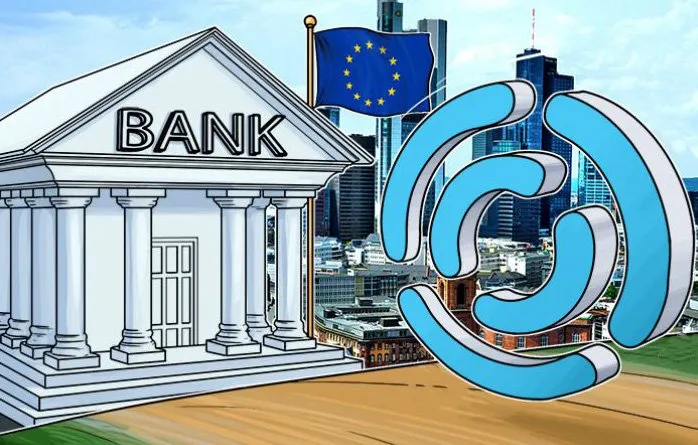
Silicon Valley Token takes the first step to leading European banks in relation to safe banking API with the opening of an office in London.
The FinTech world is abuzz about PSD2. With the deadline for implementation is approaching, the European banks began to understand the magnitude of the proposed changes in the rules and try to make a decision about a strategy that would allow them to respond to these changes accordingly.
What's all the fuss?
PSD2 sets for standardization, integration and efficiency of payments within the European Union, offering consumers better protection and service through innovation and cost reduction. It also aims to promote competition in the payment market, which ultimately means more options for customers. But at what cost this aim should be achieved?
The Directive forces banks to provide account information to third parties via application programming interfaces (APIs), which cut transaction intermediaries. And this has serious consequences for banks. Sharing data of their customers with those who own the necessary licenses, opens new opportunities for existing players as well as greatly simplifies the entrance into the banking and payment stage for new service providers.
The question for banks now is to eat or be eaten. Silicon valley the Token may have a solution for banks.
Raising funds in the banks
Platform token was officially launched on EBAday event in Milan in June.
As presented by CEO Steve Kirsch :
“Token was designed to meet the needs of payments in the digital age; it is a simple, powerful, extensible and secure transaction network which enables banks to establish PSD2 compliance virtually overnight.”
CoinTelegraph spoke to Martin Nelson , VP marketing and business development, to learn more about engineered solutions.
Works on smart tokenization and cryptography with the public key Token provides the easiest and most secure open API in the industry, which allows the possibility of remittances and access to banking account information as defined by the resolution of the PSD2, while maintaining the banks control and allowing them to generate new income.
The solution to the Token comes in the form of software and equipment for integration with the infrastructure of the Bank. In addition to regulatory requirements, banks benefit from increased revenues, a much higher level of security and prevent disintermediation.
Improving the customer experience
While to help banks to take advantage of the opportunities provided by PSD2 and create a win situation for business, the Token opens the door to better customer service quality.
Nelson explains CoinTelegraph:
“The Brexit conditions have yet to be negotiated and it's still too early to know how that affects UK banks and the need to comply with PSD2 in the UK market. Further, PSD2 brings one-leg transaction within scope, which would affect UK payment providers. UK banks who also operate in jurisdictions where PSD2 come into effect on January 2018 will need to comply with PSD2.”
As Nelson explains, the opening of the London office is in direct response to local market demand:
“London is a global financial center and many of the UK banks also operate in jurisdictions which must comply with PSD2 by January 2018.”
The new office will be serving UK banks by delivering an open, secure API solution which would allow them to mitigate risk and disintermediation and provide a path to monetization. The general mission would be to lead banks to a secure API economy.The opening of the London office is only the first step. Token is expecting to increase its presence in the UK and eventually expand throughout Europe. The Token crew believes that PSD2 will be the catalyst for API banking to spread around the world and fuel new and exciting business models. Banks, consumers and businesses will all benefit from this banking revolution.